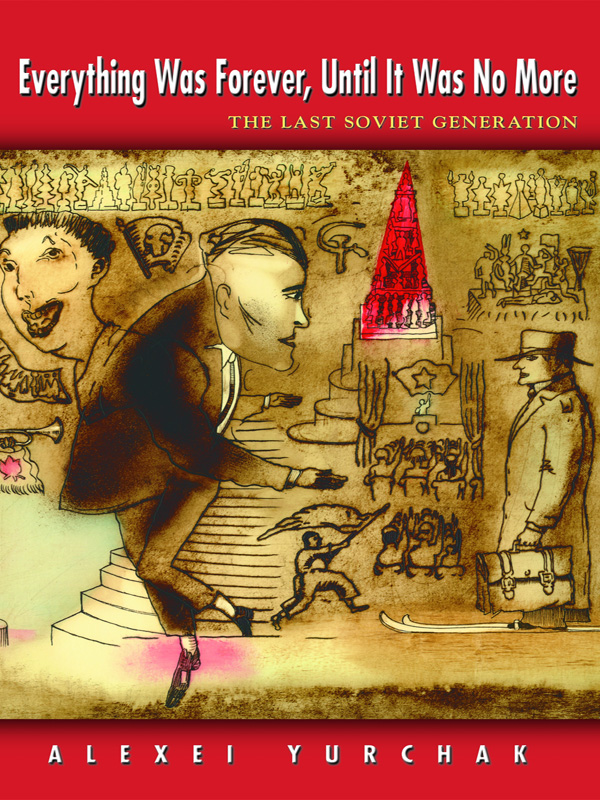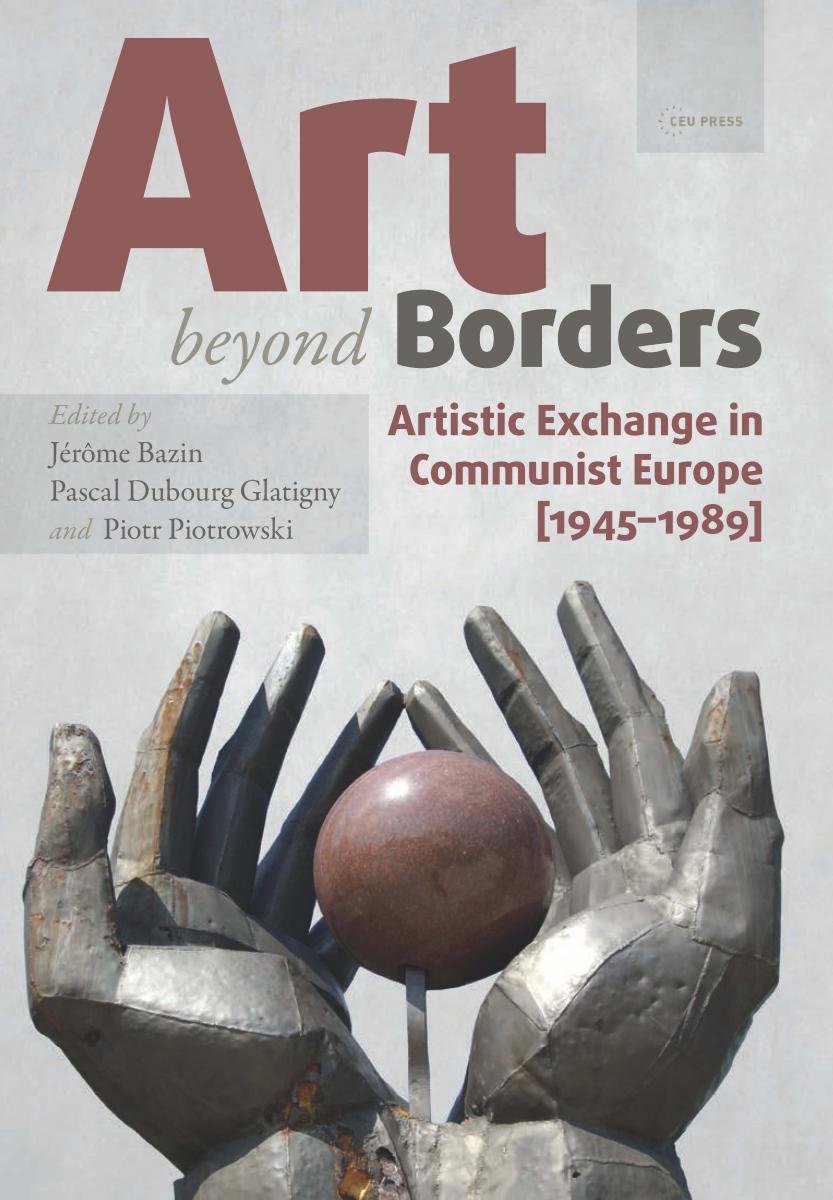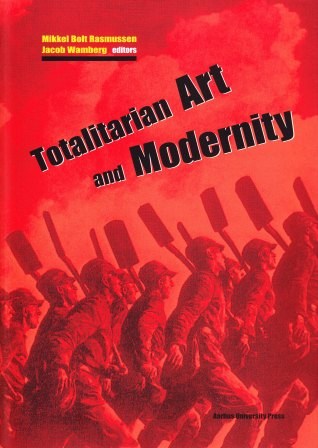Alexei Yurchak: Everything Was Forever, Until It Was No More: The Last Soviet Generation (2005–) [EN, RU]
Filed under book | Tags: · 1950s, 1960s, 1970s, 1980s, anthropology, communism, ideology, russia, socialism, soviet union

“Soviet socialism was based on paradoxes that were revealed by the peculiar experience of its collapse. To the people who lived in that system the collapse seemed both completely unexpected and completely unsurprising. At the moment of collapse it suddenly became obvious that Soviet life had always seemed simultaneously eternal and stagnating, vigorous and ailing, bleak and full of promise. Although these characteristics may appear mutually exclusive, in fact they were mutually constitutive. This book explores the paradoxes of Soviet life during the period of ‘late socialism’ (1960s-1980s) through the eyes of the last Soviet generation.
Focusing on the major transformation of the 1950s at the level of discourse, ideology, language, and ritual, Alexei Yurchak traces the emergence of multiple unanticipated meanings, communities, relations, ideals, and pursuits that this transformation subsequently enabled. His historical, anthropological, and linguistic analysis draws on rich ethnographic material from Late Socialism and the post-Soviet period.
The model of Soviet socialism that emerges provides an alternative to binary accounts that describe that system as a dichotomy of official culture and unofficial culture, the state and the people, public self and private self, truth and lie–and ignore the crucial fact that, for many Soviet citizens, the fundamental values, ideals, and realities of socialism were genuinely important, although they routinely transgressed and reinterpreted the norms and rules of the socialist state.”
Publisher Princeton University Press, 2005
In-Formation series
ISBN 0691121168, 9780691121161
x+331 pages
Reviews: Gleb Tsipursky (Soviet and Post-Soviet Review, 2005), Sheila Fitzpatrick (London Review of Books, 2006), John P. Ziker (American Anthropologist, 2006), Luahona Ganguly (Int’l J Communication, 2007), Christian Noack (H-Soz-u-Kult, 2007, DE), Christoph Neidhart (J Cold War Studies, 2010).
Everything Was Forever, Until It Was No More (English, 2005, EPUB)
Eto bylo navsegda, poka ne konchilos (Russian, trans. A. Belyaev, 2014, 15 MB)
Jérôme Bazin, Pascal Dubourg Glatigny, Piotr Piotrowski (eds.): Art beyond Borders: Artistic Exchange in Communist Europe, 1945-1989 (2016)
Filed under book | Tags: · art history, avant-garde, cold war, communism, east-central europe, eastern europe, ideology, networks, propaganda, socialist realism, southeastern europe

“This book presents and analyzes artistic interactions both within the Soviet bloc and with the West between 1945 and 1989. During the Cold War the exchange of artistic ideas and products united Europe’s avant-garde in a most remarkable way. Despite the Iron Curtain and national and political borders there existed a constant flow of artists, artworks, artistic ideas and practices. The geographic borders of these exchanges have yet to be clearly defined. How were networks, centers, peripheries (local, national and international), scales, and distances constructed? How did (neo)avant-garde tendencies relate with officially sanctioned socialist realism?
The literature on the art of Eastern Europe provides a great deal of factual knowledge about a vast cultural space, but mostly through the prism of stereotypes and national preoccupations. By discussing artworks, studying the writings on art, observing artistic evolution and artists’ strategies, as well as the influence of political authorities, art dealers and art critics, the essays in Art beyond Borders compose a transnational history of arts in the Soviet satellite countries in the post war period.”
Publisher CEU Press, Budapest/New York, 2016
Leipzig Studies on the History and Culture of East-Central Europe series, 3
Open access
ISBN 9789633860830, 9633860830
xii+494+24 pages
via x
PDF (126 MB, updated on 2020-11-25)
Comment (0)Mikkel Bolt Rasmussen, Jacob Wamberg (eds.): Totalitarian Art and Modernity (2010)
Filed under book | Tags: · art history, avant-garde, capitalism, communism, democracy, fascism, labour, modernism, modernity, monument, mythology, nazism, politics, revolution, socialism, socialist realism, soviet union, technology, totalitarianism, war

“In spite of the steadily expanding concept of art in the Western world, art made in twentieth-century totalitarian regimes – notably Nazi Germany, fascist Italy and the communist East Bloc countries – is still to a surprising degree excluded from mainstream art history and the exhibits of art museums. In contrast to earlier art made to promote princely or ecclesiastical power, this kind of visual culture seems to somehow not fulfill the category of ‘true’ art, instead being marginalised as propaganda for politically suspect regimes.
Totalitarian Art and Modernity wants to modify this displacement, comparing totalitarian art with modernist and avant-garde movements; confronting their cultural and political embeddings; and writing forth their common generalogies. Its eleven articles include topics as varied as: the concept of totalitarianism and totalitarian art, totalitarian exhibitions, monuments and architecture, forerunners of totalitarian art in romanticism and heroic realism, and diverse receptions of totalitarian art in democratic cultures.”
With contributions by Mikkel Bolt, Sandra Esslinger, Jørn Guldberg, Paul Jaskot, Jacob Wamberg, Christina Kiaer, Anders V. Munch, Kristine Nielsen, Olaf Peters, K. Andrea Rusnock, and Marla Stone.
Publisher Aarhus University Press, Århus, 2010
Acta Jutlandica series, 9
ISBN 8779345603, 9788779345607
359 pages
via Mikkel Bolt
PDF (10 MB)
Comment (0)
